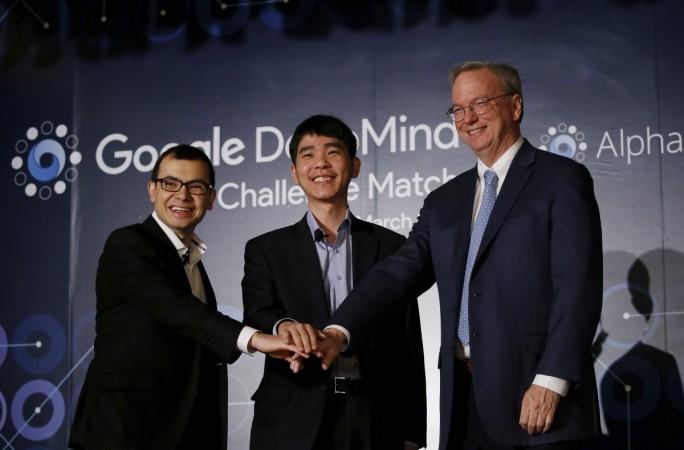
Despite losing to Google DeepMind's AI AplhaGo in the 3,000 year-old board game, Go, Lee Sedol has finally won his first match. Sedol, a 9-dan Go player, is the first to beat the AI, which beat European champion Fan Hui 5-0 in 2015.
According to the Verge, AlphaGo played some strange moves, and while it may have seemed like it was all part of the plan, it was clarified by DeepMind founder Demis Hassabis that it had, in fact, made mistakes.
"Lee Sedol is playing brilliantly! #AlphaGo thought it was doing well, but got confused on move 87. We are in trouble now...", his Tweet read.
This only sheds further light on the ability of AlphaGo to adapt its strategy based on its opponent's moves.
"Chess and checkers do not need sophisticated evaluation functions," says Jonathan Schaeffer, a computer scientist at the University of Alberta who wrote Chinook, the first programme to solve checkers, in an interview with the Verge.
"Simple heuristics get most of what you need. For example, in chess and checkers the value of material dominates other pieces of knowledge — if I have a rook more than you in chess, then I am almost always winning. Go has no dominant heuristics. From the human's point of view, the knowledge is pattern-based, complex, and hard to programme. Until AlphaGo, no one had been able to build an effective evaluation function."
AlphaGo uses deep learning and neural networks to learn through experience. By showing AlphaGo several matches and allowing it to refine its skills through practice against tweaked version of itself, Google DeepMind's AlphaGo essentially developed its Go-playing skills — much like how a professional like Sedol would have.









